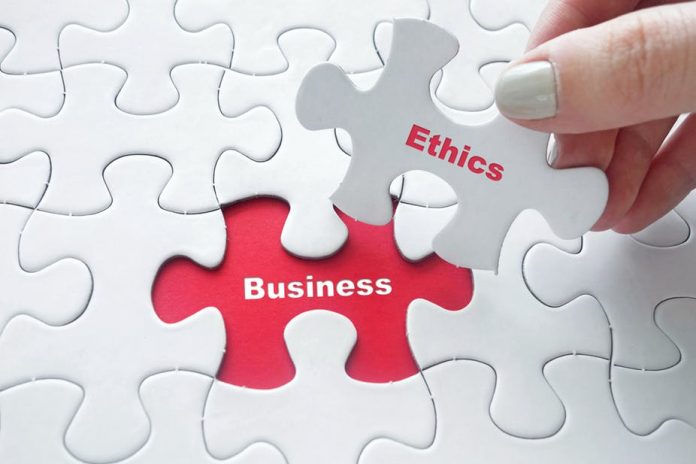By Kenneth Amaeshi
Chief executive officers (CEOs), like ordinary citizens, are driven by their values and convictions. These may not necessarily be just ‘good for business’. Examples abound. Salesforce CEO Marc Benioff speaks strongly against pay inequality. Laurence Douglas Fink, chairman and CEO of BlackRock, is passionate about the incorporation of environmental, social, and governance risks in investment decisions and is against shareholders taking very short-term views.
One thing common among these examples is that the debate on how good or bad leaders’ convictions are for business is not yet settled.
When it comes to social injustice or politics, business leaders can no longer stand by and watch from the sidelines. They must take action: their employees, customers and society expect them to. But their political views might not align with some of their employees or corporate partners, so how are they supposed to take a stand and please everybody at the same time?
New ways to relate to society
Stakeholders are not unreasonable. They understand that individuals are free to uphold and air views they are passionate about. They respect such leaders, even when they disagree with them. What they do not like are prevarication and hypocrisy. They can easily see through that when it happens.
The former CEO of Unilever, Paul Polman, was passionate about sustainable development goals. He did not hide this passion. He even challenged the market on quarterly reporting of performance, preferring a long-term agenda. Unilever did not suffer as a result.
Contrary to Polman’s position on sustainability was the view of Steve Jobs, the former CEO of Apple. Despite his stance, he was believed as someone who stood for his passion for technology and innovation.
In other words, the problem is not necessarily having a political view. But what happens when a leader’s decisions have an indirect negative impact on the business? An example could be boycotting a market because of social injustice, and thus leading to reduced revenues.
Imagine a situation where a CEO decides to take a strong stand against bribery and corruption. Or perhaps the business operates in an environment where bribery and corruption are rife and normal or where wielders of state power are inclined towards poor governance. This is common in many emerging economies with very weak market and democratic institutions.
In such situations, it would appear that doing the right thing is a luxury (unless it pays). The incentive to act responsibly would be very low –- leading to a fragmented two-tier market system. How can a CEO who still wants to do the right thing compete in such a harsh environment?



